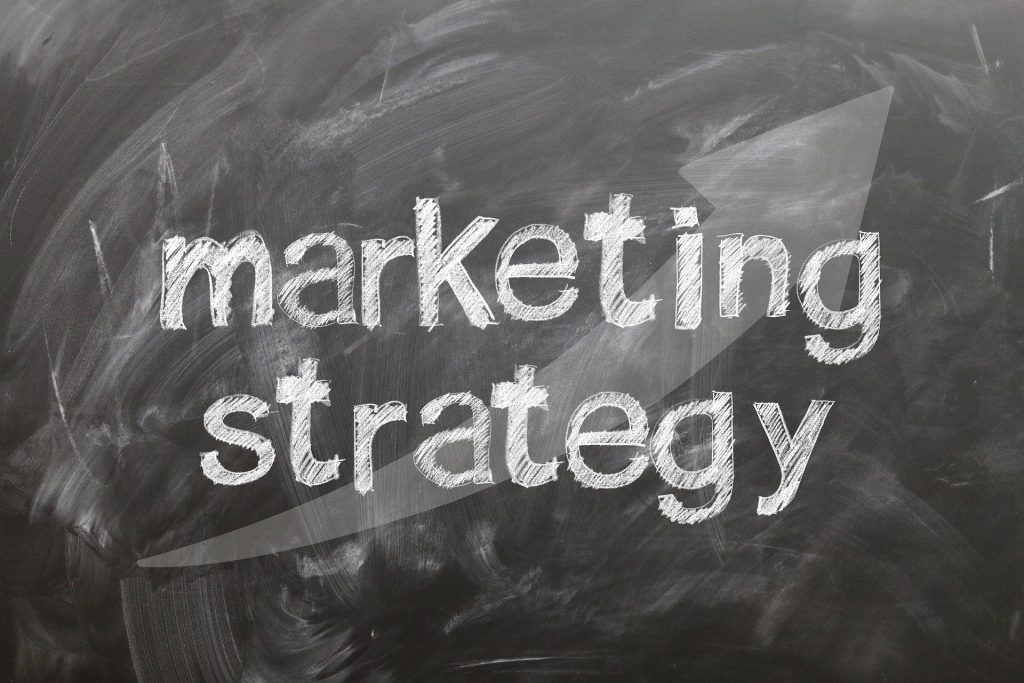
Paid marketing. It’s the bane of all authors who are first starting out.
Why? Because you have to pay for it.
Not like free advertising / marketing on social media or via word of mouth (through friends, family & customers.)
Also, if you’re like me then your paid marketing purse is rather small. But that’s okay.
You can still do paid advertising with a small budget. It takes a bit of planning but eventually you can make that purse grow.
I’m like you learning all the ropes and frankly you probably are doing the same thing I did about a year ago.
What’s that? Taking all the profits and not diverting some of it into an advertising fund.
How to plan your paid marketing budget
After reading tons of marketing and advertising books the following rings true in each tome:
- Set aside a small portion of your earnings to re-invest into your advertising
- As your sales grow so does your marketing budget
- The bigger the budget then the more advertising that you can do for your books
Makes sense, right? It totally does…
So, the question is… why the friggin heck does no one do it?
Okay… okay… maybe YOU did it but have you re-evaluated how much you’re putting into the fund?
Did you know that as your profits grow you should also grow the amount that you set aside to advertise? Yes, if you haven’t done it you need to do it.
What’s a good portion to set aside?
Good question.
It depends. Can you spare like 50% of your profits to go back into the marketing fund?
Don’t gawk. Seriously, don’t. It’s not gonna help if you stand there and gawk.
In the beginning you may have to set aside more to amass your advertising powers a lot sooner.
Certainly, when you have the ability to do more ads or run ads in areas that have more eyeballs of potential rabid fans then you’ll get into the black faster.
So, as your profits grow you can choose to reduce the amount or keep it at 50% until the marketing budget gets to your desired target.
Don’t let anyone fool you into thinking they made it big without paid advertisement.
Even if they did they paid it out in blood, sweat, tears and time. Nothing is free. You exchange money or time to get things done.
Now, why should you do paid marketing?
- Well, one you have limited time (unless you have a time machine or a Dr. Who tardis… mine broke)
- You can select the audience that sees your advertisement
- More potential fans will see your ad and will eventually buy your stuff or become more familiar with your name <-more on this in a few moments
- Not subjected as much to your ad getting buried in the social media feeds
Derek Murphy has some good pointers in his post, “Everything you needed to know about advertising your book…” and what you should be doing for marketing. He says that you should start with a $20 budget and go from there.
The consumer mindset
Are you worried that showing your ad to your customer several times might anger them?
Yep. Same here. Though, did you know that it’s a technique used since 1885?
No? Well, believe it.
Why? Because my friend advertisers STILL use this technique to this very day.
Check out Thomas Smith’s guide called Successful Advertising in 1885
The first time people look at any given ad, they don’t even see it.
Wikipedia – The Effective Frequency – https://en.wikipedia.org/wiki/Effective_frequency
The second time, they don’t notice it.
The third time, they are aware that it is there.
The fourth time, they have a fleeting sense that they’ve seen it somewhere before.
The fifth time, they actually read the ad.
The sixth time they thumb their nose at it.
The seventh time, they start to get a little irritated with it.
The eighth time, they start to think, “Here’s that confounded ad again.”
The ninth time, they start to wonder if they’re missing out on something.
The tenth time, they ask their friends and neighbors if they’ve tried it.
The eleventh time, they wonder how the company is paying for all these ads.
The twelfth time, they start to think that it must be a good product.
The thirteenth time, they start to feel the product has value.
The fourteenth time, they start to remember wanting a product exactly like this for a long time.
The fifteenth time, they start to yearn for it because they can’t afford to buy it.
The sixteenth time, they accept the fact that they will buy it sometime in the future.
The seventeenth time, they make a note to buy the product.
The eighteenth time, they curse their poverty for not allowing them to buy this terrific product.
The nineteenth time, they count their money very carefully.
The twentieth time prospects see the ad, they buy what is offering.
Pretty weird, right?
Either way you and I have some work to do.
Until next time…
Keep on rising above the ashes of obscurity!
